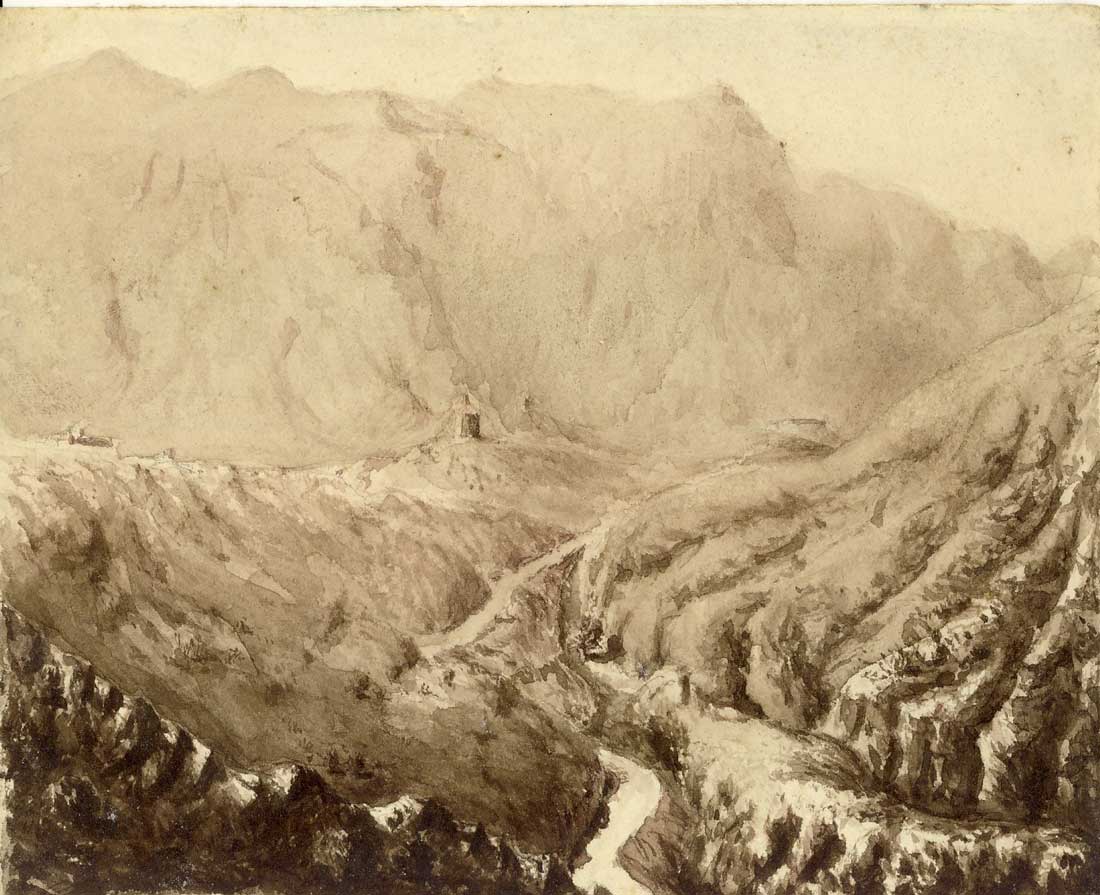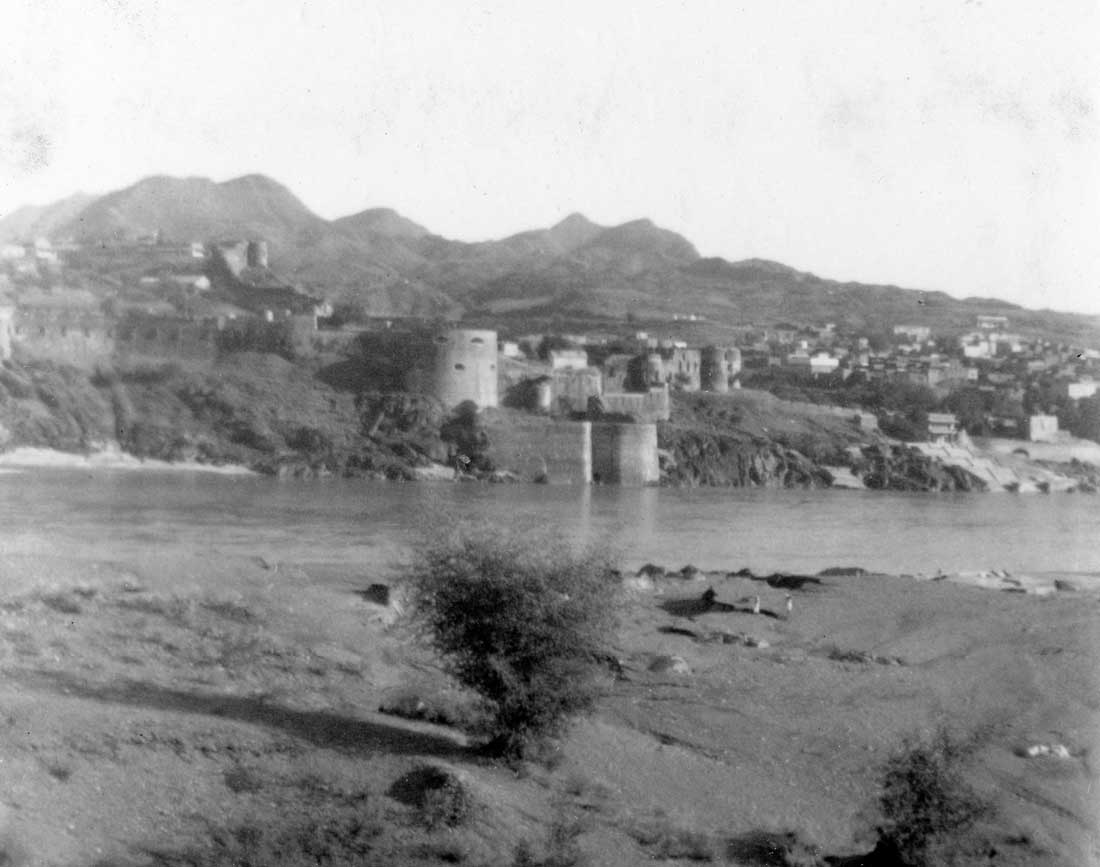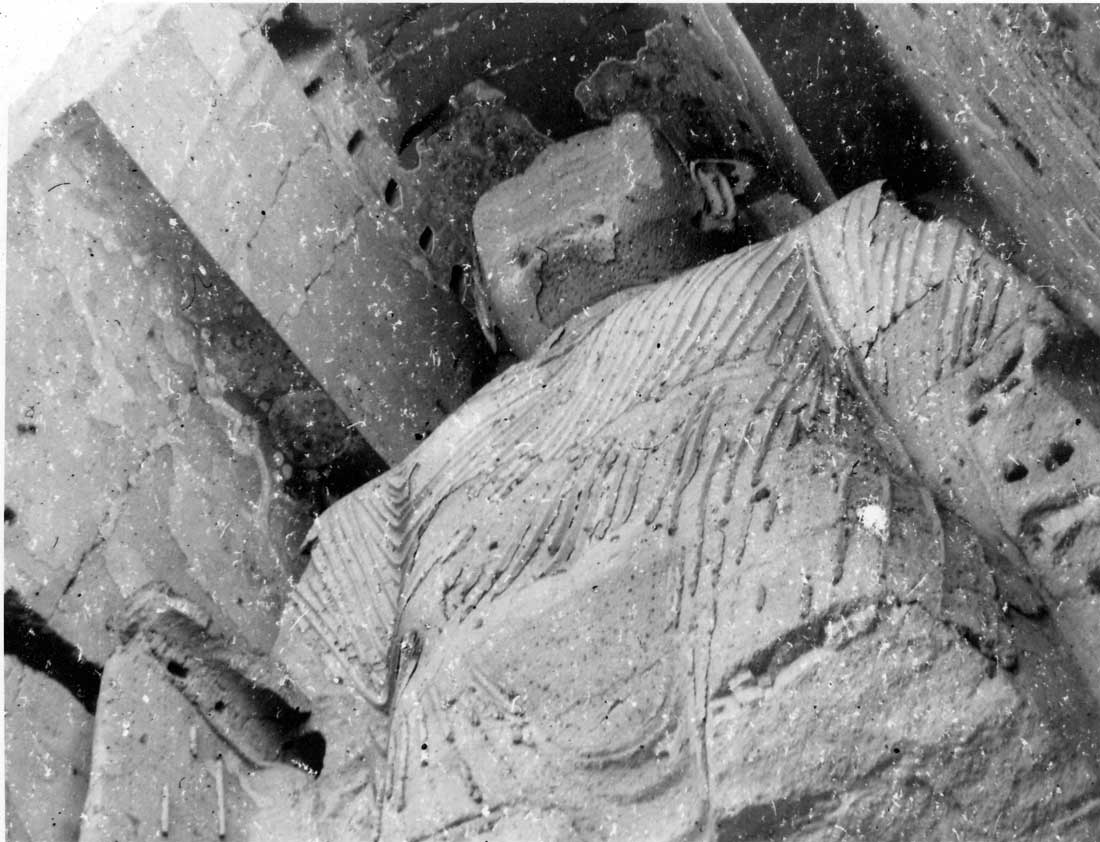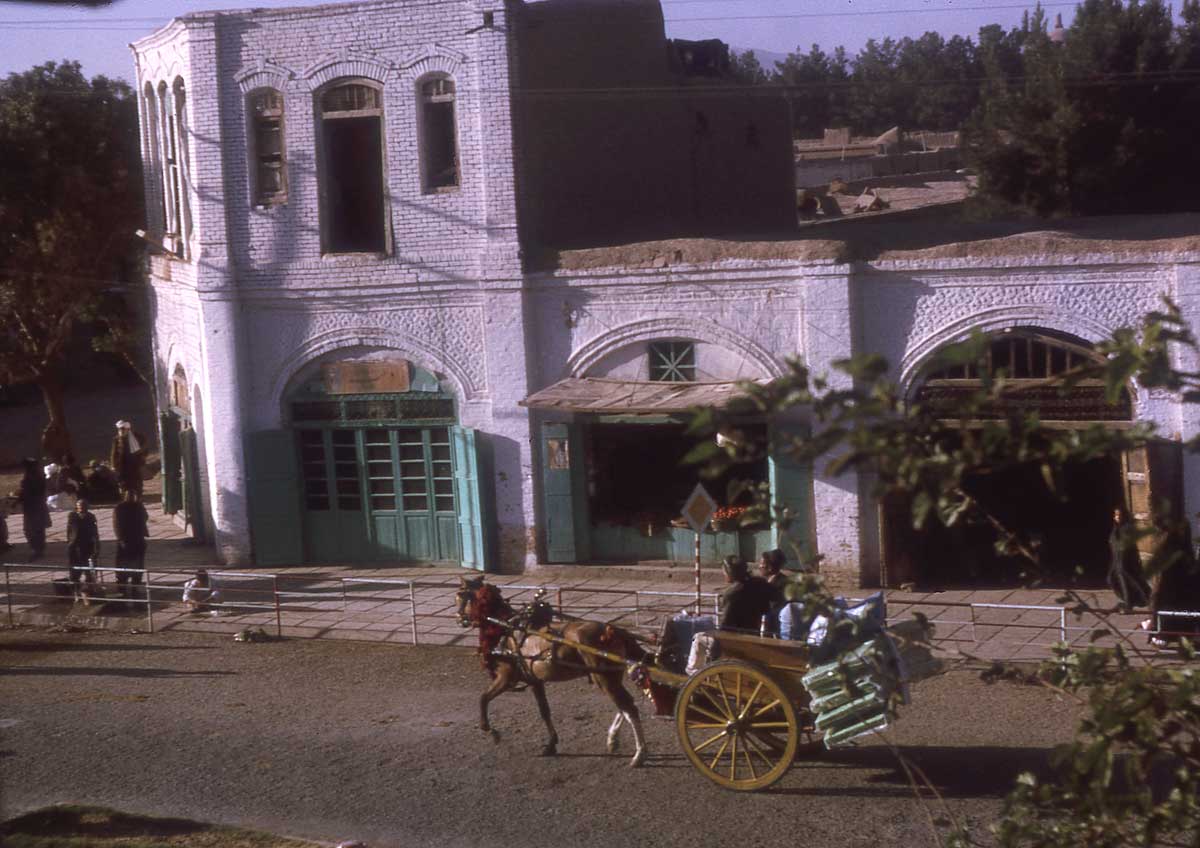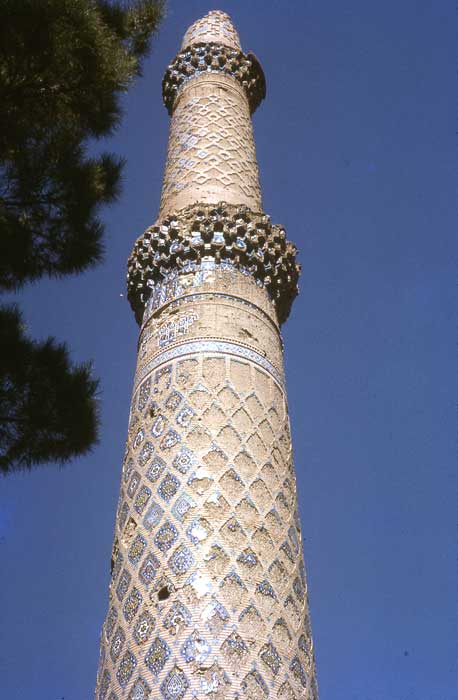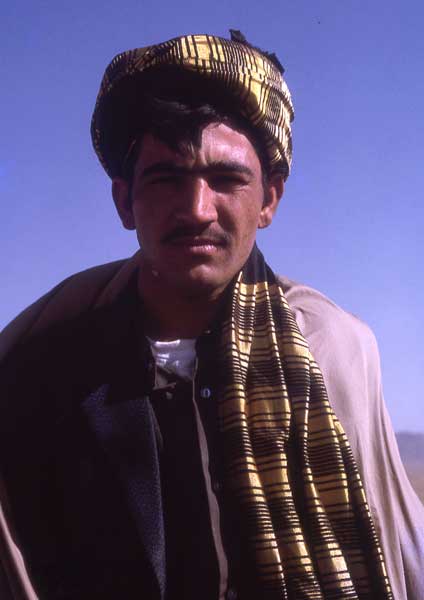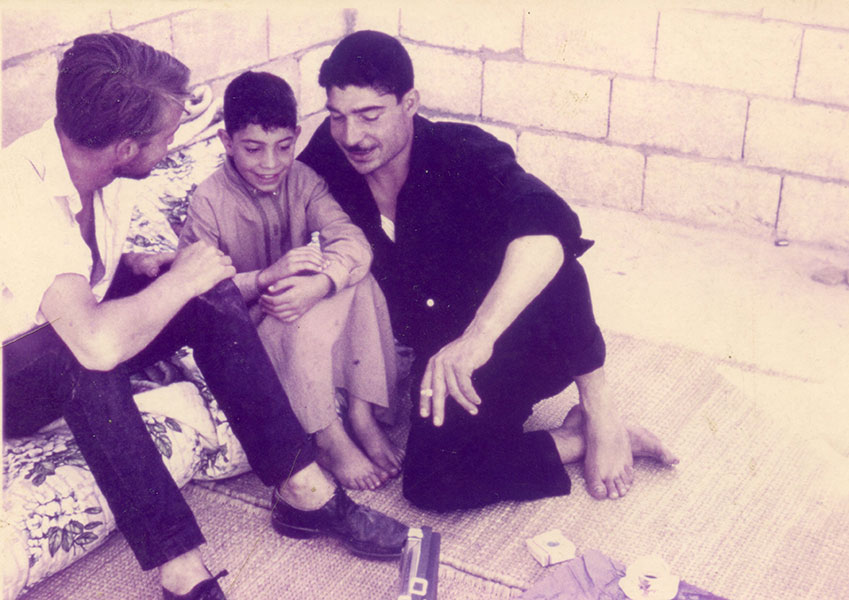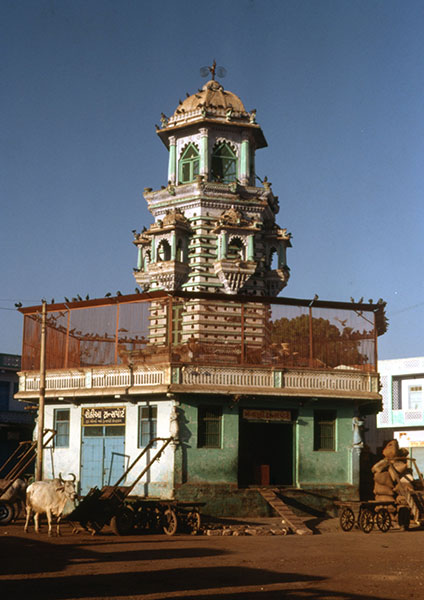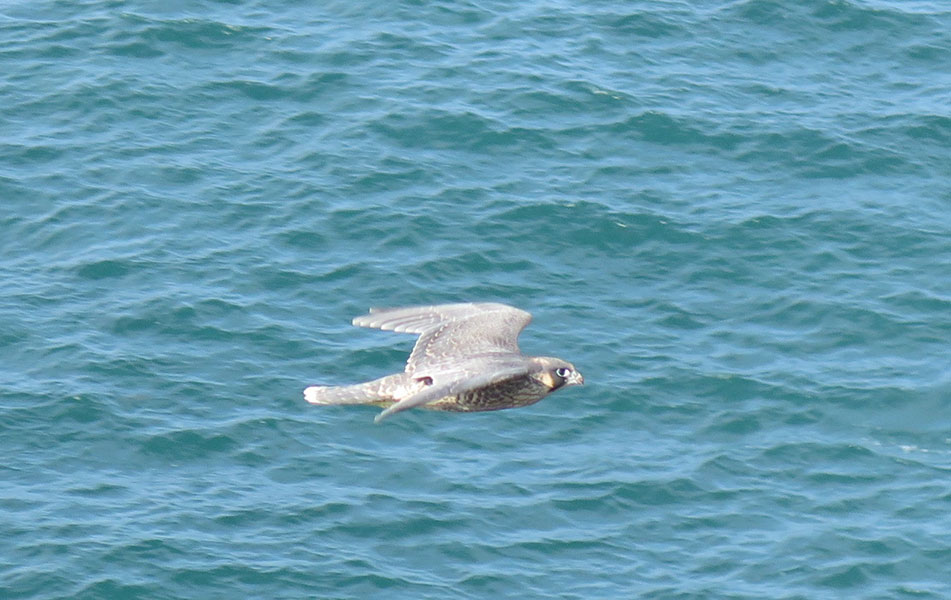53. Talking Of Afghanistan
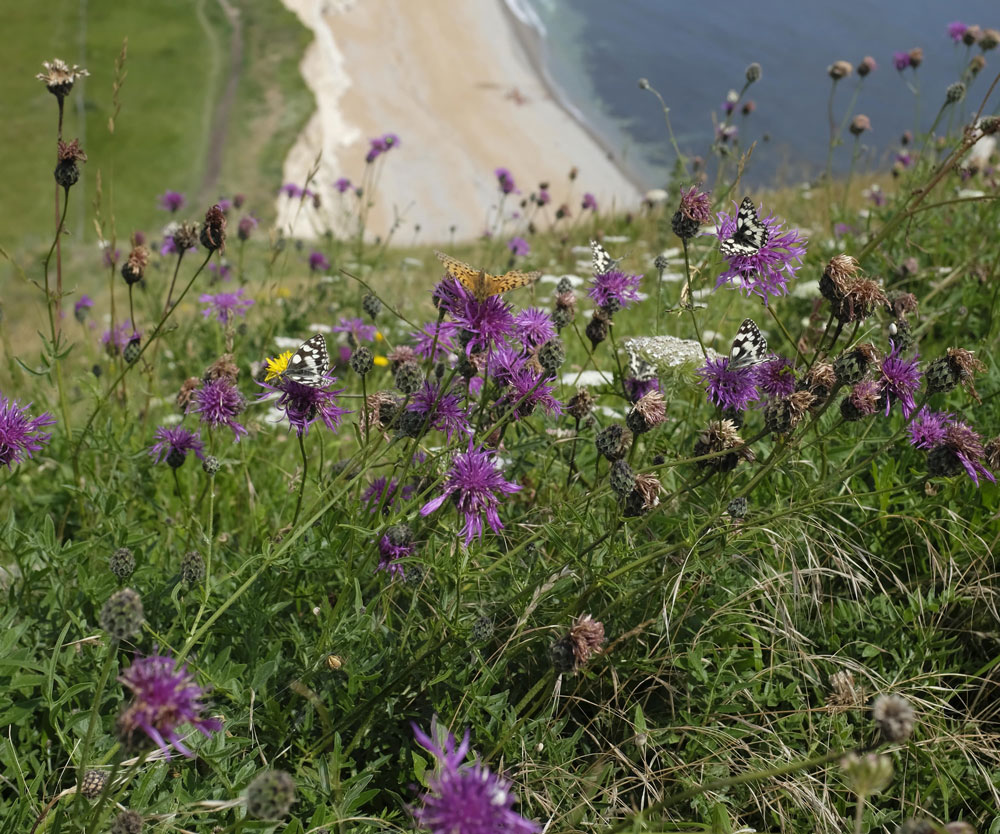
52. The Weymouth Track Again
August 5, 202154. Mellow Fruitfulness
October 7, 2021T he 1960s overland trips to India indicated that the proudest, most self-confident Asian states on that road were those which escaped foreign domination. Although Turkey, Afghanistan and Nepal had each been subjected to some form of intrusion, it had been too brief or too well opposed to instill in their middle classes (the people I could communicate with) a sense of insecurity and inferiority. The environs of Constantinople were occupied after the First War as Attaturk rose to forge a new Turkish republic. Incursions into Nepal taught the British that the Gurkhas were better in their forces than against them.
As a buffer region, Afghanistan was fought over by Indian and Iranian Muslims. Later, the Sikhs nibbled away the east of the country, taking the Khyber Pass and Peshawar early in the 19th century. British India inherited the hostility of the tribal inhabitants on both sides of the frontier, who remain semi-independent. With the Sikhs and British religion was also involved, always a question of birth, not belief. Few choose a religion. The Muslims are born Muslim, the Sikhs, Sikhs and Christians, Christian. Each possesses the one true faith, teaching love, and each is imbued with hatred.
British invasions of Afghanistan had been short-lived and variably disastrous, worst being the retreat from Kabul of 1842 of which Dr Bryden was sole survivor – apart from some senior officers and Lady Sale, who became guests of the Afghan army as the bones of their Indian and British troops were scattered along the road. Afghanistan had several features on its side: a ferocious, intimidating landscape, a martial population practiced in fighting each other but ready to coalesce in the face of foreign, infidel invaders and little worth stealing.
Afghanistan’s king invited Russian, not British, representatives to Kabul so, in 1878, the British declared war, My great grandfather served with the Engineers in that Second Afghan War, his task being to improve access, rebuilding roads up the Khyber Pass around Ali Masjid and the ravine. One of his local workers, supported by two others, set upon him with a pick-axe: he survived to write ‘they were Zakka Khels, with whom we were at peace.’
His son, grandpa Ilay, came next. An officer in the Indian Army, in the 1920s he was posted to Razmak, near the frontier. Families were not permitted, so Granny set up house nearby in a tented camp at Bannu. She recorded domestic, rather than periodic violent, incidents there. In 1936, my mother photographed the Khyber and its approach - the new Attock Bridge across the Indus and Emperor Akbar’s massive Attock Fort. Pakistan’s Army remains sensitive about both.
None of my forebears entered Afghanistan; I was first. Tolerably peaceful by 1965, it was becoming a tourist destination where I visited the great, doomed Buddha figures at Bamiyan. The King, Muhammad Zahir Shah, liberal but careful, relatively popular, had encouraged gradual advancement and universal education. The business population amicably exploited us Western youths with flea-filled doss houses, nicknacks, ill-cured Afghan coats, strings of polished stones and, of course, an increasing range of drugs. Eating places smelling richly of mutton fat served tea from pretty little cracked, much-stapled tea-pots still bearing the Russian imperial eagle. A wise government played the Cold War game. Russians kindly, quickly built the highway from Herat to Kandahar; Americans, more slowly, completed the stretch from Kandahar to Kabul. Through various adventures, I hitched or bussed along both. All was happy as long as the Cold War see-saw balanced.
In 1973, while the king was in Italy his cousin, Daoud, seized power and declared a Republic. The king abdicated to avoid civil war. In Delhi, I had acquired an Afghan visa before leaving homewards. At the frontier, officials, seeing my Royal Afghan Visa, threatened to return me to Peshawar for a Republican one. I claimed their Consul in Delhi had promised that border officials could simply cross out ‘Royal’ and put ‘Republic’, so that is what they did. A youth posted at the crossing handed a flower to each arriving foreigner; a kind gesture, but not enough to make Daoud a nice man.
Daoud ruled when in 1975, when I photographed the 15th century Musalla complex of tomb and minarets in Herat then stopped in a white-washed, barrel-vaulted room in Kandahar to recover from the shits. A dried rose hung on the wall and someone had written ‘On est sur le toit – By LSD Airlines’, to which I added ‘On est sous la terre – By Heroin Metropolitain’. At dusk, a man passed below the window whistling ‘the Camptown Ladies’. Several small earthquakes shook the night.
With a guitared American boy, I made for Quetta. Yesterday (26/8/21) the newsreader spoke of many refugees crossing into Pakistan via the Spin/Chaman frontier post. That was the way we went, with forty men in their best for the Eid festival and three cycles, on the roof of a battered bus. A tyre exploded. The bus lurched but didn’t fall and we all descended. Men asked me to photograph them. The crew repaired a bald tyre and we staggered on to Spin.
Flight prices had fallen so I flew home with Ariana Afghan Airlines. On the plane a little boy pointed out Hema Malini and Dharmendar, huge Bombay stars, amongst the passengers for Kabul. Daoud still looked down on the transit lounge but, unbalancing the see-saw, he had turned to India to train his troops, to Shah-ruled Iran and the Gulf for money. The Soviets, detecting a westward tilt, flirted with the Afghan Communist Party. Daoud and his family were bloodily murdered in a pro-communist coup and, touching down in Kabul in 1978, I found Tariki, CP Chairman and Saviour of the Nation, on the wall. He was murdered within the year by a rival communist. He was killed soon afterwards by the Russians, who had moved in to support their protégé government. No messing around with new roads from now on: Afghanistan became a Cold War battleground, its populace collateral damage.
Government brutality soon fuelled civil war. The Americans generously armed and funded an Islamic upsurge of Mujahadeen against the Russians. The resulting ten-year war contributed to the fall of the Soviet Union which quit Afghanistan by 1989. The Communist government staggered on until 1992, when Kabul fell to a war lord. Seized by the Taliban, Najibullah, head of state, was tortured to death. The new Islamic government sheltered jihadist forces, providing a base for Al Qaeda and the destruction of the Twin Towers. The Americans, instead of applying pressure from without, invaded Afghanistan with allies, including the British, who should have known better.
Twenty years later, having created a corrupt West-leaning government, the foreigners left. It took a week for the Taliban to enter Kabul. Perhaps now, after so many failures, an Afghan government can give the country peace. A new tourist destination?

